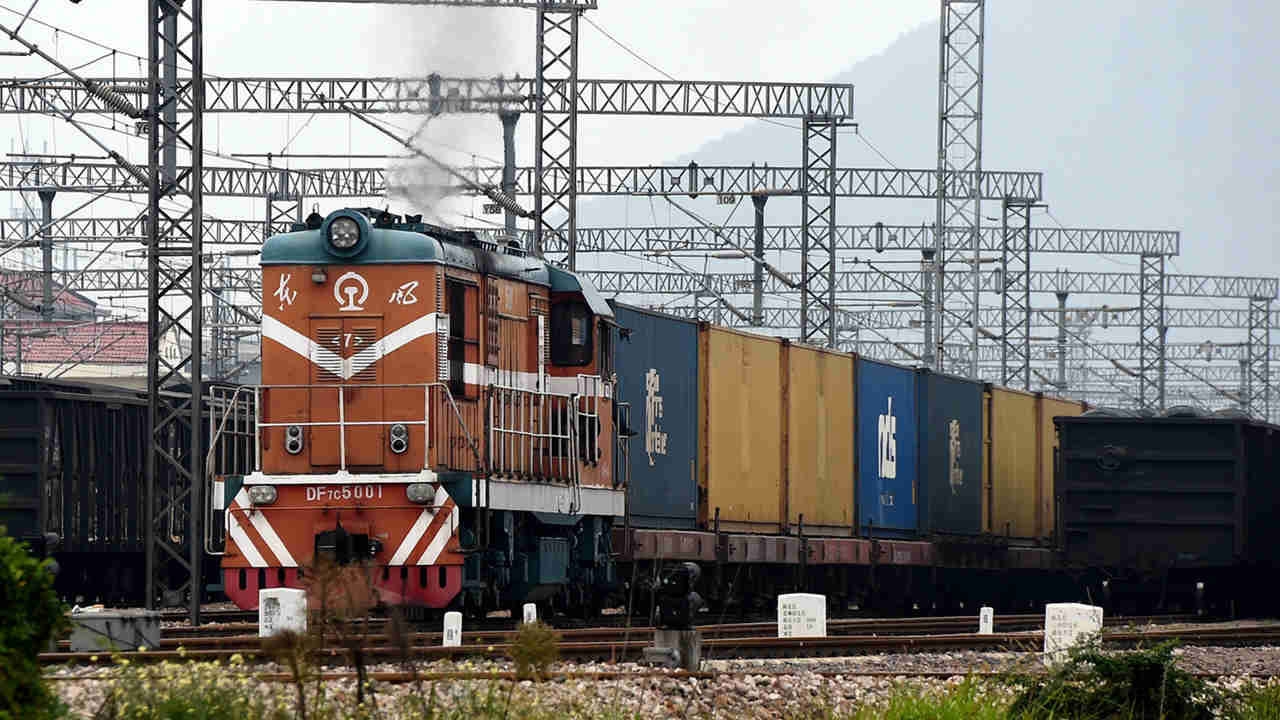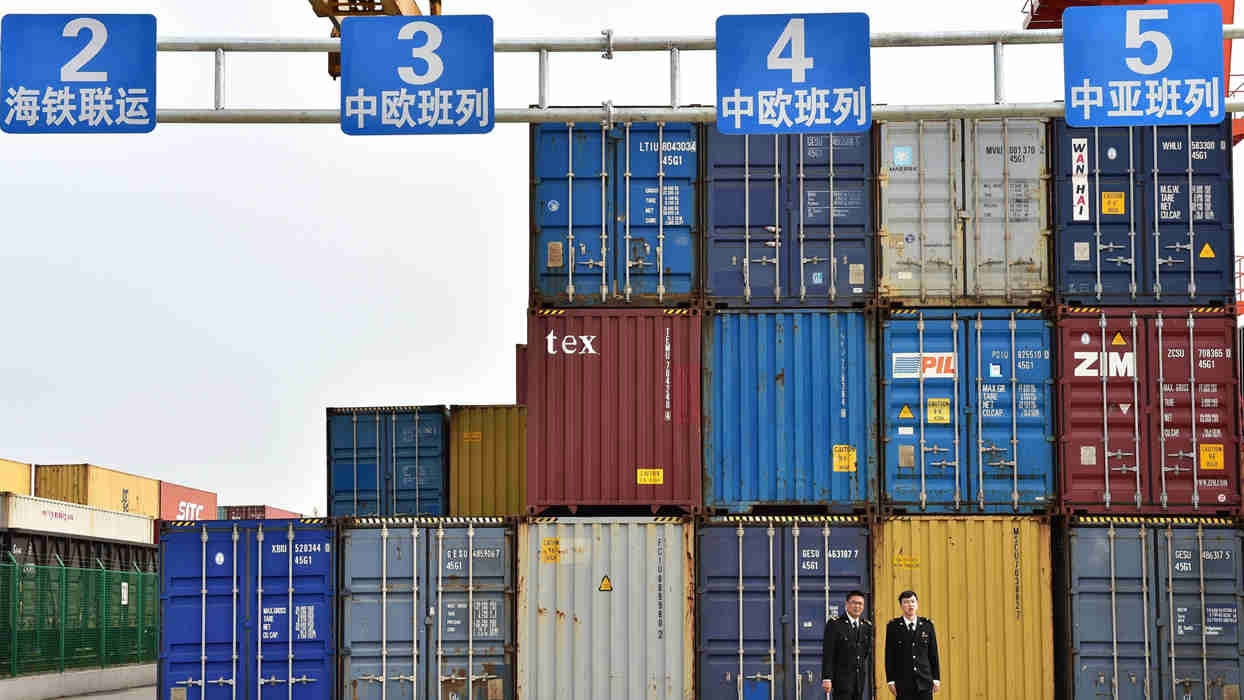By CGTN’s Aljosa Milenkovic
A hallmark project of China’s Belt and Road Initiative, a high-speed rail line linking Belgrade to Budapest, could be in trouble. The European Commission is reportedly investigating whether this 2.9 billion US dollar project violated EU laws, and whether it is financially viable.
Serbia and Hungary signed commercial contracts with China in 2016 to construct a high-speed railway from Belgrade to Budapest. It would reduce a nine-hour trip to less than two hours. The high-speed, 350-kilometer rail line is known as China’s “express lane.”

A train starts its passage to Europe in Jinhua, Zhejiang Province on October 20, 2016. /CFP Photo
Local politicians claimed that the new high-speed rail line would be built by 2018. But experts cautioned that it would take at least five years just to construct the Serbian stretch. In fact, construction still hasn't started.
Serbian and Hungarian politicians embraced the opportunity, only to face new challenges from Brussels. According to the Financial Times, the EU is investigating whether the deal broke EU laws requiring public tenders.
Tibor Szanyi, a Hungarian member of the European Parliament, said details of major parts of the deal should now be released.
“I think that if the parties, I mean the Chinese and the Hungarian or other parties, just diminish the level of secrecy, if you give more insight into the matter, that it could help,” Szanyi said.

Containers destined for Europe are stacked up in Jinhua, Zhejiang Province on November 16, 2016. /CFP Photo
Experts in China-EU relations describe this investigation as a clash of economic titans. They say the EU needs Chinese help in revitalizing its economy and this railway project is just a bargaining chip.
“The EU would like that to happen under its own rules. And doesn’t like to be challenged by China. Obviously, Hungary as a member state has been under tremendous pressure and Serbia has been, let’s say questioned all the way along,” said Dragana Mitrovic, a professor at University of Belgrade.
Construction of this railway would help Chinese goods come faster and cheaper into European markets from the Greek ports of Piraeus and Thessaloniki, redirecting incomes of some ports in western Europe to southeastern European countries.









